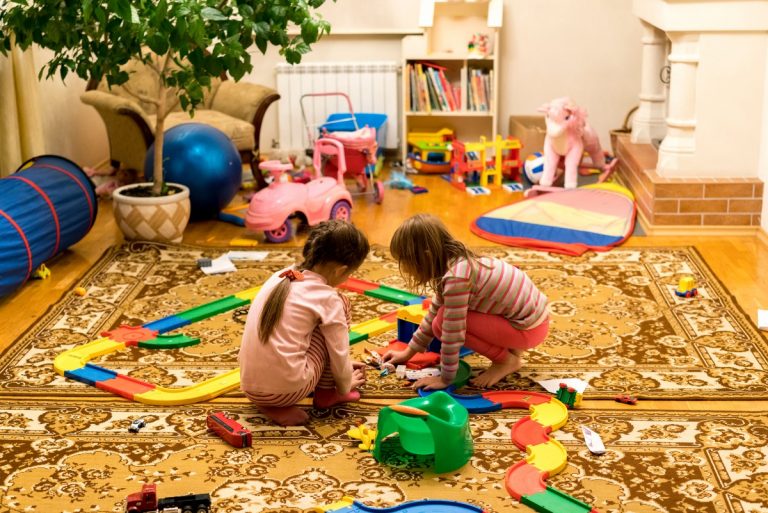
Class divides run deep through the United Kingdom’s veins, pulsating through the generations and banding together social groups as one of the same kin.
More often than not, the prestigious private and grammar schools in the UK are inundated with children of wealthy parents who can afford expensive school fees or houses in the exclusive postcode catchment areas of the grammar schools.
This creates a culture of the children from wealthier families receiving a better education than those from the lower classes, more middle and upper-class children entering higher education, and ultimately more middle and upper-class adults becoming leaders, policy makers and society influencers.
The quasi-public organisation of the UK schooling system condemns children of less privileged backgrounds to a lifetime of chasing the pot of gold at the end of the rainbow, while their wealthier peers enjoy a head start.
How much social mobility can you really expect when the quality of your education depends on your parents wealth? 🤔
#socialmobility2017— Poppy Lane Prints (@PoppyLanePrints) December 14, 2017
But the UK government is attempting to anchor down that pot with a £23 million (US$31 million) investment to support bright children from poorer backgrounds who would otherwise miss out on educational opportunities.
“The reality is that in modern Britain, where you start too often decides where you finish. This is a defining challenge for us as a nation. We have talent spread evenly across this great country – the problem is that opportunity is not,” Education Secretary Justine Greening will say at a social mobility conference, reported BBC.
Greening understands education is integral to unlocking the potential of under-privileged children and creating mobility between the classes across the UK. Through the ‘Unlocking Talent, Fulfilling Potential’ strategy, she hopes social mobility will be achieved.
Politics and Social Policy graduate Anya Breen supports the investment. She told Study International: “As someone who has spent time with a children’s charity organising extracurricular programmes for children who don’t otherwise have the chance to do such things I have witnessed first hand the importance of the extra hand up.
“This is not about favouring some children above others but about making sure that, whatever their background, children have as similar enrichment opportunities as possible in order to ensure they are not stunted by the situations of their parents. Is this enough? No. But ultimately government intervention is essential if we are to have a fair and just society.”
Middle and lower income families going nowhere Poor education a grossly imbalanced economy on affordable housing stagnant wages treadmill families running and running and getting nowhere reports social mobility commission #StateOfTheNation https://t.co/4LFZAKNHnp
— MichelleSweeney #BLM🌹👋🏻.☮️🌍🕊⚖️ (@wavemich43) December 14, 2017
£50 million ($67 million) has also been assigned to nursery schools in the UK by the education secretary in an attempt to offer all children the best possible start in life.
“Talent is found across the country – from council estate to country estate – and ensuring that your postcode doesn’t act as a barrier to your potential must remain a top priority,” Professor Les Ebdon, director of Fair Access to Higher Education, told the BBC.
It is still unclear how the £23 million investment will benefit underprivileged children in the UK, but a tendering process – for ideas to tackle the problem of poorer youngsters who show great ability when they begin school but who do not fulfil their potential – will be carried out.
There can be no social mobility through education (however good) if you don't have food, safety and warmth in a stable, secure home. Hungry anxious children can't concentrate on learning
Let's put the 'End Child Poverty' back into #socialmobility2017https://t.co/rUIajbBNoF
— Kathy Evans (@Kathy_CEO_CE) December 14, 2017
However, Labour’s Shadow Education Secretary, Angela Rayner, rejected the government’s promises of social mobility, saying they were contradicted by their decisions on funding.
“Ministers have slashed funding for Sure Start, cut school budgets by £2.7billion, imposed real-terms cuts on teachers’ pay and abolished the education maintenance allowance which has made it harder for those from disadvantaged backgrounds to stay in education,” she said.
Liked this? Then you’ll love…
How can countries solve the social equity gap with education?







